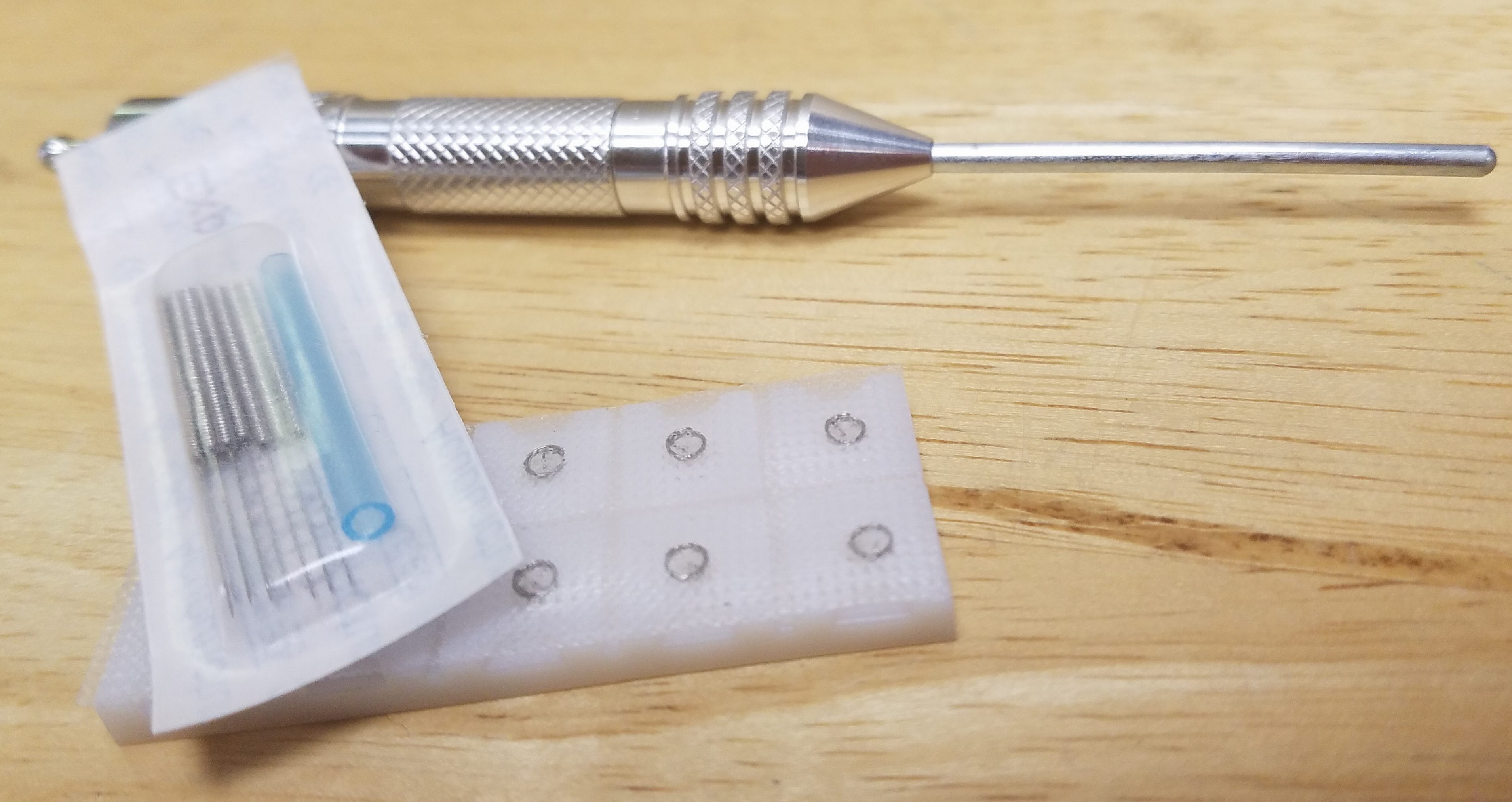Top 6 Ways To Prevent Sleep Deprivation!
It’s only 2:00 pm and you are already yawning! It has been three nights now that you are exhausted, but when you try to go to sleep, you can’t fall asleep. Minutes turn into hours and even when you do somehow fall asleep, you wake up feeling worse than before.
WHAT IS GOING ON?! WHY CAN’T I SLEEP?!
Insomnia is a sleep disorder characterized by difficulty falling or staying asleep and has a negative effect on our health. Sleep is vital to our health and can have far reaching consequences if we do not get enough. Our bodies use sleep to store our memories, restore energy, and ensure that our bodies are functioning as well as possible so we can live our lives to the fullest.
Difficulty sleeping often results in fatigue, “brain fog”, stiffness, pain, moodiness, decreased immunity, and often an increased waistline. This lack of sleep can also increase our body’s natural stress and steroid hormones and, if left untreated, can lead to adrenal fatigue. We know how it feels to wake up groggy, agitated, exhausted, and in an overall bad mood, but why?
Insomnia is a common sleeping disorder affecting up to ⅓ of the population. The most common type of insomnia is actually not technically insomnia. What? Let me explain… 8/10 people suffering from secondary insomnia have symptoms caused from medications, caffeine, alcohol consumption, pain, and even other medical conditions.
The good news is that if you are experiencing secondary insomnia or just want a better night’s sleep, these 6 tips will help you catch more zzz’s and feel better than ever!
1- Look at your medication
Both over the counter (OTC) and prescription medications can have side effects that cause problems sleeping. It is always important to evaluate the benefits with the side effects of any medication. If you are experiencing a side effect that is affecting your sleep, speak to your primary care provider about other options you may have.
2- Seek treatment for stiffness and pain
Pain and stiffness can be a cause of sleep problems. If our bodies are unable to relax, it can be difficult to fall asleep and stay asleep. There are multiple treatment options available, but natural treatment options like acupuncture, massage, stretching, and chiropractic often have fewer side effects compared to traditional OTC or prescription medication. Click HERE to find out more about these services and to schedule your appointment to see what chiropractic and acupuncture can do for you.
3- Decrease caffeine and alcohol before bed
That late night coffee, soda, wine, or beer may seem harmless, but they can destroy our sleep. The stimulant in caffeinated beverages can prevent our bodies from falling asleep and staying asleep. While alcohol does help you fall asleep faster,it can often cause a lighter, less restful night’s sleep. Try to avoid caffeinated or alcoholic drinks 4-6 hours before bed.
4- Create a nightly routine
It is beneficial to have a routine set up so that you know when it is time to go to sleep and your body can start to relax. Try to start with reducing light from phones and televisions 30-60 minutes before bed, and following a sequence to prepare for bed including brushing your teeth, washing face, getting dressed, etc. This schedule aids our bodies in winding down from the day and prepares us for sleep.
Another part of a nightly routine is ensuring the room is a dark as possible and reducing or eliminating noise as much as possible. These things not only help avoid distractions for sleeping but can also help you stay asleep and get a deeper night’s sleep.
5- Relax before bed
With anxiety and depression being an all too common problem, finding a time to relax and unwind can have a beneficial effect on sleep habits. Every person has a unique way to relax ranging from exercise to meditation to reading. Once you find out what works best, find a time in the evening to relax before going to sleep. This is a great way to reduce the business in your head and allows your mind to “turn off”.
6- Supplementation
If you have had problems with sleep you might have looked at OTC supplements and sleep aids. While these can be beneficial for the short term, they are often made of processed ingredients and our bodies do not respond naturally to these compounds.
A great supplement to help aid sleep and get back on a schedule is melatonin. Our bodies naturally produce this chemical to start the process of sleep and to allow us to stay asleep. Because of many factors (stress, anxiety, weight, etc.) melatonin production can be changed. Ensure that any supplement you purchase is of good quality and has been refined to remove extra compounds.
When starting melatonin, it is advised to start on a weekend or a holiday. Some individuals notice a feeling of grogginess the day after first taking the supplement. It is advised to know how it will affect you before going to work or operating a vehicle. For some individuals, melatonin is not effective for treatment of insomnia.
Another great supplement is valerian root. This botanical helps the body calm down to be ready for sleep. Start with 150-300 mg of valerian root in powder form to evaluate your tolerance and valerian roots efficiency.
Changes in your routine can be difficult at first. Though changing things in your routine can be hard to get used to and sometimes seem like a pointless effort, keep fighting for the precious sleep you need. A good night’s sleep will keep you on track to living a happier and healthier life!
Recommended Reading
Acupuncture: Your Questions Answered!
Acupuncture: Your Questions Answered Over the few months, we have seen an increase in patients interested in acupuncture. We often get a question about what acupuncture is, how is it [...]
Top 10 Ways To Fight The Afternoon Slump
Top 10 Ways To Fight The Afternoon Slump Fatigue can be difficult to handle. It typically happens around 2-2:30, you feel tired, worn out, unable to focus, and just want [...]
Top 5 ways to reduce neck pain
Top 5 Ways To Reduce Neck Pain Neck pain can be a real pain in the neck. (see what I did there!) Our neck allows us to turn our head to [...]




